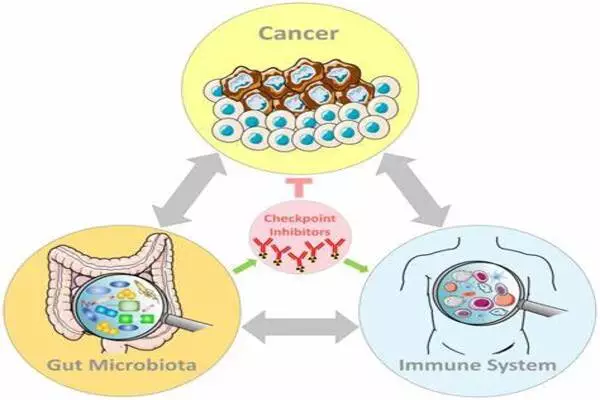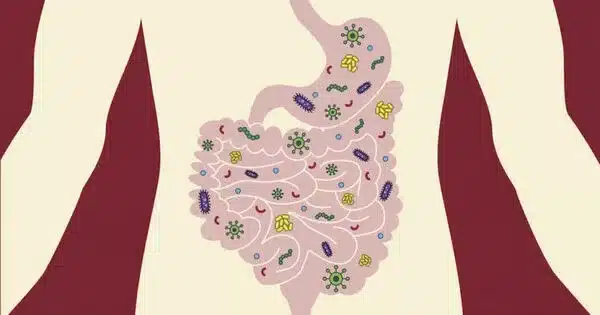A new study suggests that the human gut microbiome may play a role in breast health. Human health has long been known to be influenced by lifestyle and diet. Flaxseed components known as lignans were found to influence the relationship between gut microorganisms and the expression of mammary gland microRNAs (miRNAs) in the study.
A subset of these miRNAs regulates breast cancer-related genes, including those that control cell proliferation and migration. The findings were published in Microbiology Spectrum, an American Society for Microbiology journal.
“The gastrointestinal microbiota plays an important role in modifying many components of our diet to impact human health,” said Jennifer Auchtung, Ph.D., Assistant Professor in the Food Science and Technology Department at the University of Nebraska — Lincoln, the editor who coordinated the review of the paper.
In this study, we found correlations between diets enriched in flaxseed, cecal microbiota composition, and miRNA profiles in the mammary gland that regulate many pathways, including those involved in cancer development.
Jennifer Auchtung
“In this study, we found correlations between diets enriched in flaxseed, cecal microbiota composition, and miRNA profiles in the mammary gland that regulate many pathways, including those involved in cancer development. This preliminary study supports further research into the role that the microbiota plays in dietary approaches to reduce risk factors associated with disease.”
The researchers looked at how flaxseed lignans affected the microbiota of young female mice. Lignans, fiber-associated compounds found in many foods and especially abundant in flaxseed, have been linked to lower breast cancer mortality in postmenopausal women. The scientists discovered that lignan components cause specific miRNA responses in the mammary gland. miRNAs are noncoding RNAs that target the 3′ untranslated region of target mRNAs to regulate gene expression.

To determine whether the relationship between the microbiota and mammary gland miRNAs could be manipulated to reduce the risk of breast cancer, the researchers fed flaxseed lignan components to female mice to determine whether gut cecal microbiota profiles are related to miRNA expression in the mammary gland.
The cecum, the first part of the colon located in the right lower abdomen near the appendix, is thought to play a role in the production of short-chain fatty acids and has been proposed as an anaerobic bacteria reservoir.
One flaxseed oil lignan requires microbial processing to release bioactive metabolites, which are small-molecule chemicals produced during metabolism that influence physiology and disease – in this case, antitumor properties. The researchers discovered a link between the microbiota and mammary gland miRNA, and that flaxseed lignans alter the relationship so that it is not cancer-causing.














